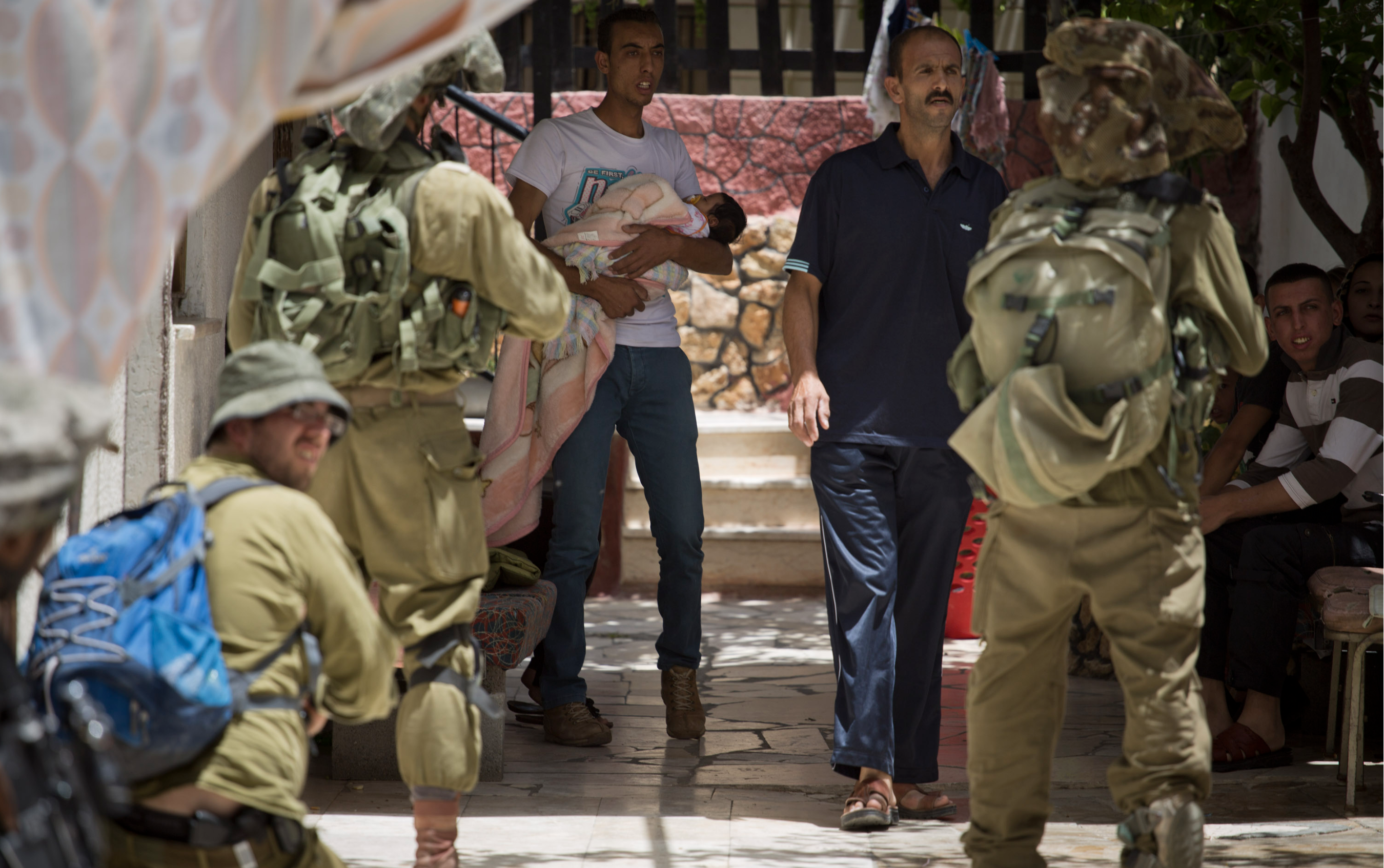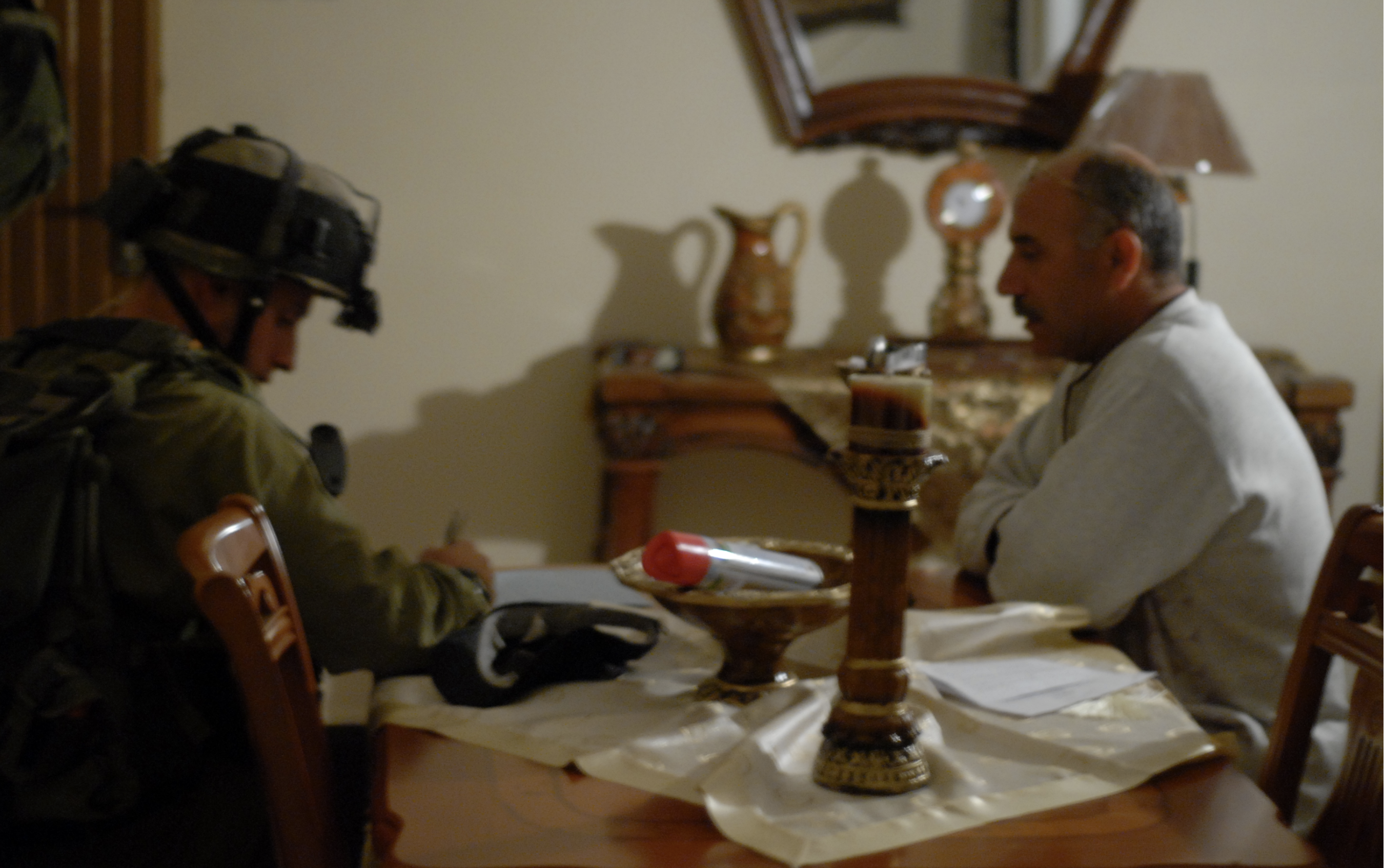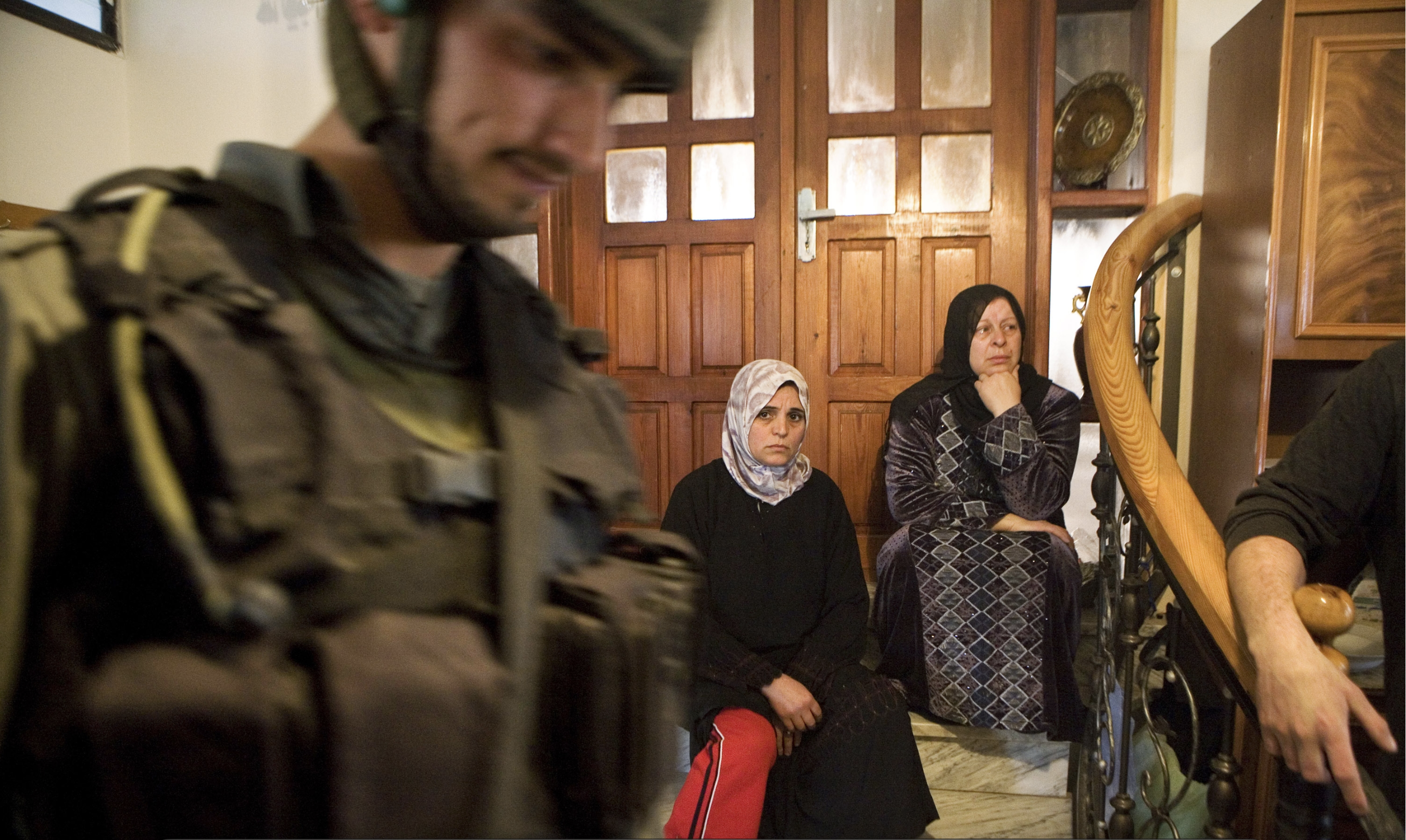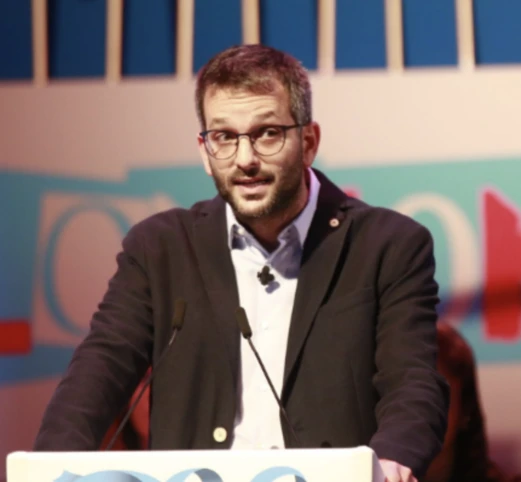I had the privilege one of being of the speakers at the One Young World 2019 Summit in London and I opened my speech with these words:
"I remember the first time I broke into the home of an innocent Palestinian family in the middle of the night. It was in the winter of 2006, in the Jenin refugee camp, in the West Bank. I was serving in the reconnaissance unit of the Nahal infantry brigade of the Israeli army. I was a combat soldier on a sniper’s team.
We had received orders to set up a sniper ambush from a private Palestinian home.
I did not hesitate. I was 20 years old and had grown up knowing that when my turn came to serve, just like my grandfather, my father, and my brothers before me, I would do everything in my power to protect the state of Israel. That night is still vivid in my memory. We pushed open the door and yelled at the innocent people inside, threatening them with our weapons.
What I remember above all is the jarring sense of power that I felt.
Something just didn’t seem right as I looked at the frightened eyes of the little boy we had woken up in the middle of the night. Then there were the angry glares from his parents.
It was only after undertaking many more of these incursions into Palestinian homes that I realized that our role as soldiers was to maintain military control over Palestinians, not to safeguard the security of people in Tel Aviv and Jerusalem."
When you talk to Israelis about the occupation, they tend to think of checkpoints. Abroad, people think about the separation wall. But as a former Israeli soldier who regularly carried out home invasions, I think about one Palestinian child that I came to arrest in the middle of the night. About his father, who charged at the biggest soldier in our squad. And about how I would have done exactly the same if I were in his place.

It happened in the city of Nablus in 2007. We were told we had to arrest someone who had made contact with the Lebanese political party and military organization Hezbollah over the internet. At the time, we spoke of “CD burner arrests” — a derogatory code name for the bottom of the barrel when it came to wanted Palestinians. We came in the middle of the night, an entire reconnaissance platoon team, to arrest a 16- or 17-year-old teen — whose room, coincidentally, was full of CD burners.
We tied the boy’s hands behind his back with zip ties and took him back to the base with us, but not before his father lost it. He picked out the biggest soldier on our team and ran at him. While we were arresting this kid with his pirated computer game CDs scattered across his room, one of the soldiers was beating up his father, while his mother was off to the side, screaming.
I don’t remember how I had imagined what my operational activity might look like before I joined the army. I knew I’d have to go into Palestinian homes. I knew I’d have to make arrests. I didn’t consider what it would be like to arrest someone so young, or to see a father helplessly raging at the sight of his handcuffed son. These aren’t things you think about, and there is nobody to tell you about them. There are things you have to discover on your own, and once you do, good luck forgetting them.
There is no discussion in Israel about invading Palestinian homes in the occupied territories. It is a routine operation that almost every Israeli combat soldier is familiar with, but you won’t find pundits talking about it on the news, and you certainly won’t find stories about it in the newspaper. The closest the media comes to covering these incursions is in breaking news alerts that declare: “Five wanted Palestinians arrested tonight.”
That’s how Israelis like to think about these things too: localized, surgical raids for the purpose of making legitimate arrests. If only that were the full picture.

In fact, soldiers invade Palestinian homes all the time. They do so to take up new strategic positions, to carry out random searches, and in many cases to simply “make their presence felt.”
In some army units, making one’s presence felt is referred to as “creating a sense of being chased.” That means instilling fear into the entire Palestinian population, a mission that by definition makes no distinction between suspects and innocent civilians, or between “involved persons” and “uninvolved persons,” as it is called in IDF parlance. Sometimes soldiers invade homes in the middle of the night just for training purposes. I raided homes in Jenin or Nablus simply to seize more optimal observation positions. According to one former soldier who gave testimony to Breaking the Silence, they would invade homes to test a new door-breaching device. Another witness said they went into a Palestinian home to be filmed eating sufganiyot (Hanukkah donuts) for a feel-good news story to be broadcasted that night on Israeli television.
I know too many Israelis who know the inside of a Palestinian’s home when they shouldn’t. They’ve seen dozens of children’s rooms, kitchens that belong to strangers, other people’s closets. I try to think today, as a father of two, about the children I’ve woken up in the middle of the night or their frightened parents, and something inside me shuts down.
We don’t talk enough about this routine, and even less about what lies behind it. We just mutter that home invasions are an “operational need” and move on. But most of these invasions are a necessity only if one accepts the assumption that “demonstrating presence” justifies everything — even invading the home of someone you have zero intelligence on. This is what undergirds the “operational need,” and I’m not sure the Israeli public would accept it if they knew what was being done on the ground in their name.

Last November, My organization Breaking the Silence published “A Life Exposed”, the organization’s long-awaited report on home invasions, which was co-authored with human rights groups Yesh Din and Physicians for Human Rights-Israel. The report is based on hundreds of testimonies provided by ex-soldiers who took part in home invasion missions as well as the Palestinians who endured them.
The Palestinian accounts were difficult to read. As someone who took part in home invasions, I thought I could imagine what this operational routine looks like from the other side of the door. I was wrong. I’ve seen Palestinians cry in their homes with my own eyes, but I’ve never thought about those who held back the tears until we left. I’ve never thought about those who have grown used to this routine, those who just treat it as part of life.
Before we went into the CD burner’s home in Nablus, we accidentally entered another house. There were two doors on the ground floor, and we tried to go in through the wrong door. We smashed a woman’s door in the middle of the night until she opened up. We came in, armed, ready to make an arrest, and searched the house.
One of the doors was locked. I threw a stun grenade into the closed room from above. The next thing we heard was shattering glass; it turned out the locked room was the kitchen. Only later did we find out we had the wrong house. We woke up a woman in the middle of the night; we were armed; we destroyed her kitchen and her door, and we moved on. We never even thought about it. It’s time we began to think about it — all of us.
Watch Nadav's full Delegate Speech here.
Views reflect those of the author(s).
